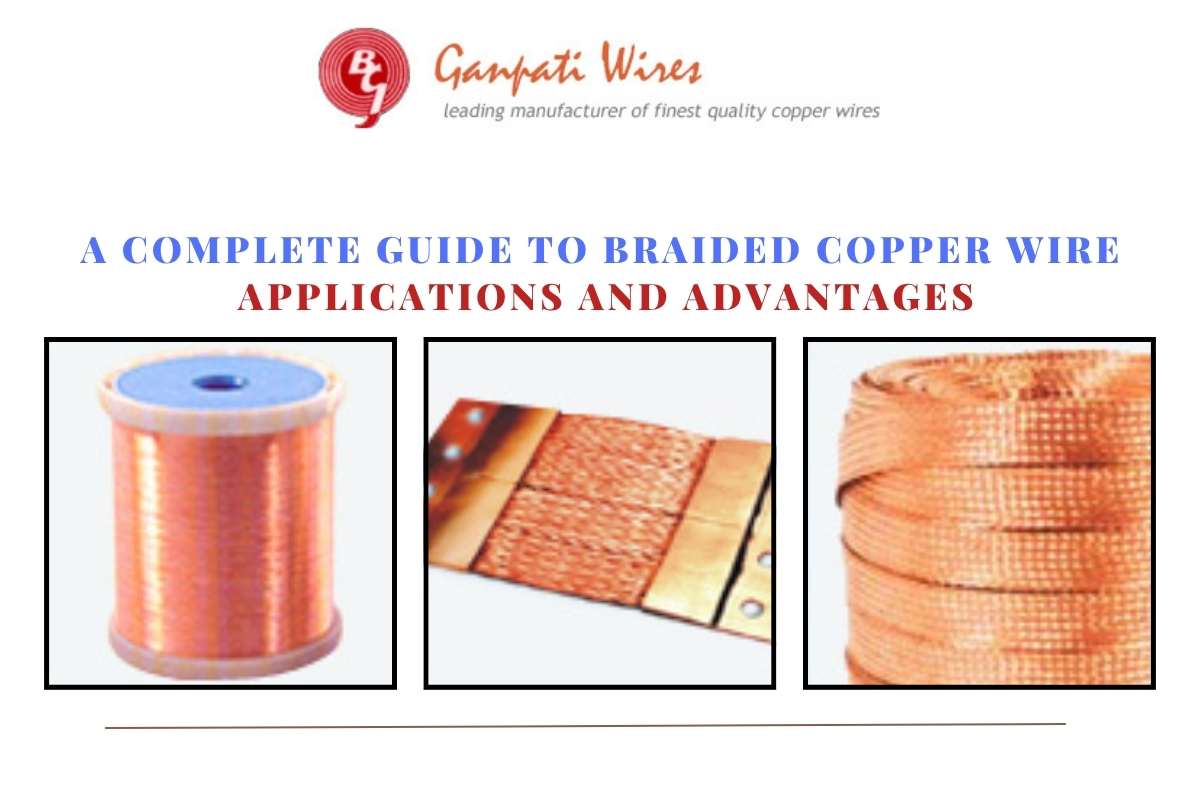Explore the Advantages and Applications of Braided Tin Coated Copper Connectors
Introduction to Braided Tin Coated Copper Connectors
Since I'm an electrical engineer, I've always been interested in how connection technology has changed over time. This braided tin-covered copper connector interests me. In a lot of different situations, these connectors are made to make a safe and solid link. In this piece, I'll talk about the advantages of braided tin-coated copper connectors and the different ways they can be used.
Advantages of Braided Tin-Coated Copper Connectors
1. Enhanced Conductivity
One great thing about braided tin-coated copper links is that they are better at conducting electricity. Copper is already known for being very conductive, but coating these links with tin makes them even better. Copper's resistance is lowered by the tin coating, which makes it possible for electrical messages to be sent quickly and accurately. Braided tin-coated copper connectors are great for high-performance connections in areas like aerospace and telecommunications because they are more conductive.
2. Corrosion Resistance
One of the best things about braided tin-coated copper links is that they don't rust. Because it is wrapped in tin, the copper doesn't come into direct touch with water or other things that can damage it. This improves the links' durability and makes sure they keep working well over time. Braided tin-coated copper connectors are also good for use in harsh places like naval or industrial settings because they don't rust.
3. Flexibility and Durability
It is also known that braided tin-coated copper links are flexible and last a long time. When compared to solid copper connectors, braided connectors are more flexible, which makes them easier to place and move around in tight areas. In addition, the tin coating gives the connections an extra layer of security, making them less likely to break. The joints are very strong, so they can handle the daily wear and tear and still work well when things get tough.
Applications of Braided Tin Coated Copper Connectors
1. Aerospace Industry
A lot of people in the aerospace business use braided tin-coated copper links because they are easy to trust. These connectors are used for a lot of different things, such as electrical systems, messages, and avionics. Braided tin-coated copper connectors are great for use in aerospace, where efficiency and longevity are very important because they keep corrosion at bay and conduct electricity better.
2. Telecommunications
Braided copper connectors with tin coating are also popular in the communications business. These plugs let you connect to the internet and phone networks and quickly send and receive data. Because these connectors are more conductive, messages are sent quickly. They will also last a long time and work well both inside and outside because they don't rust.
3. Automotive Industry
Copper connectors that are braided and coated with tin are used in the auto industry for different types of electrical connections. A lot of things use them, like battery connections, grounding systems, and electrical cables. Because these connectors are bendable and last a long time, they can handle the rough conditions in cars. Also, braided copper connections that are coated in tin don't rust, so they work well even when there is water or other environmental factors around them.
Conclusion
In conclusion, braided tin-covered copper links have many benefits that make them a popular choice in many fields. Because they are more flexible, last longer, and flow electricity well, they are great for situations where dependability and efficiency are very important. These connectors make sure that electrical systems work smoothly in the aerospace, telecommunications, and automotive industries by making a safe and reliable link. This is why braided tin-coated copper connectors are a good choice if you need a connector that will work well and last a long time.
.jpg)

.jpg)

Comments
Post a Comment